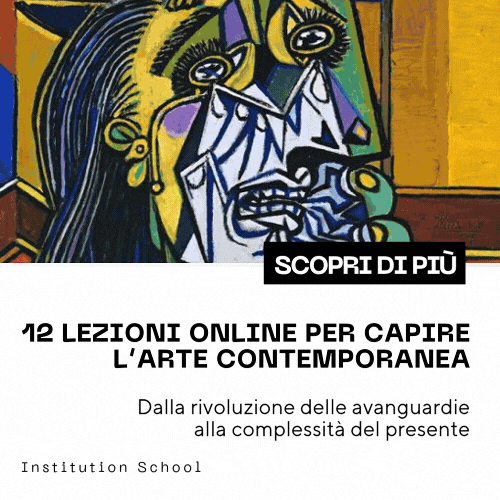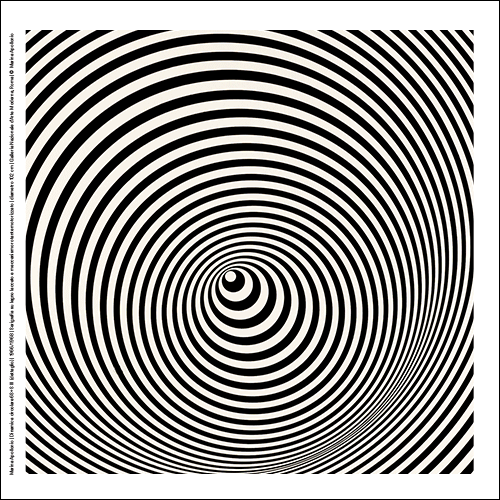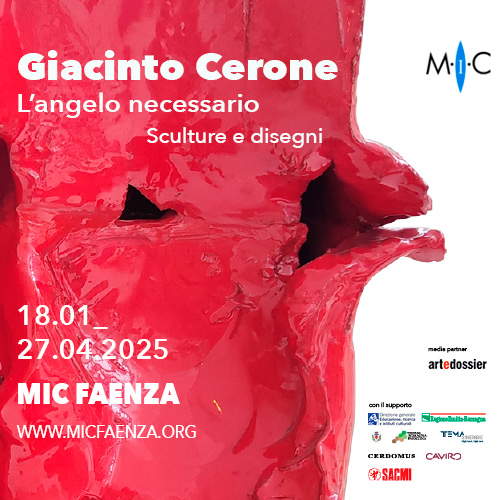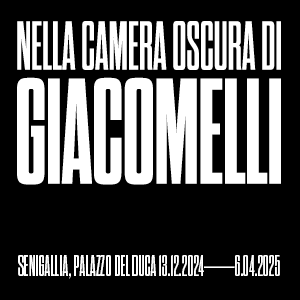Marco Polo died on Jan. 9, 1324: seven-hundredth anniversary celebrations begin in Venice
On January 9, 1324, the great traveler and writer Marco Polo died in Venice, and just today his city kicks off celebrations for the 700th anniversary of his death. Thus announced the first calendar of important initiatives organized by the City of Venice and Ca’ Foscari University Venice and with the collaboration of Fondazione Musei Civici di Venezia, but also of many associative realities of the city, national and international. They will be occasions to luster the memory of the Venetian, known for “the first reliable and complete account of the Orient and the first contribution to mutual knowledge between Asia and Europe.” In support of the celebrations, the National Committee for the celebrations was recognized last Dec. 29 by a decree of the Ministry of Culture signed by Gennaro Sangiuliano, at the instance of the Municipality and the Venetian Athenaeum, with the Mayor of Venice Luigi Brugnaro as proposer and the Rector Tiziana Lippiello as Chairman of the Scientific Committee and Project Coordinator.
Many public initiatives of a scientific, exhibition, literary, and cultural nature can be followed by consulting the dedicated website leviedimarcopolo.it and through the social channels of Venezia Serenissima (Facebook, Instagram, X, TikTok and Threads). The celebrations (and with them the Committee) have a three-year duration, so initiatives are also planned for 2025 and 2026.
“Marco Polo is known for discovering the far East. His story as a great traveler is one that by sea and by land gave rise to the connection with those distant cultures and peoples,” explains Mayor of Venice and Chairman of the Promoting Committee Luigi Brugnaro. “The rediscovery of his figure evokes highly topical issues: how to dialogue with other cultures without giving up one’s own identity? How to regulate relations between peoples and cities? How to transmit know-how and industriousness? The lands and seas he visited in his more than 20-year-long journey are often now diplomatically critical areas. Thanks also to the memory of Marco Polo, Venice wants to once again give a message of hope, peace and brotherhood. That is why we are open to receive new proposals.”
Also speaking at the press conference was the Veneto Region’s Culture Councillor Cristiano Corazzari, who pledged the institution’s support, closeness and collaboration because this is a project that recalls the history of Venice and its being a cosmopolitan city, a meeting place where relationships can be built. Fondazione Musei Civici is taking part in the celebrations for Marco Polo in the year of the 700th anniversary of his death with exhibitions, master classes, meetings and moments dedicated to the younger public and schools.
Flagship event of the celebrations is the exhibition hosted at the Doge’s Palace from April 6 to September 29, 2024, entitled The Worlds of Marco Polo. The journey of a Venetian merchant in the 13th century. Among the rooms of the Doge’s Palace, with more than 300 works from Venetian collections, major and important Italian and European institutions, up to loans from museums in Armenia, China, Qatar and Canada, the exhibition includes works of art, artifacts and forays into the literary work of the Venetian merchant to retrace the physical, political and human geography of Marco Polo’s encounters in Asia, at the center of Il Milione, with an in-depth study dedicated precisely to the worldwide fortune of his literary work between the 19th and 20th centuries, up to the suggestions of the figure of the merchant and his adventure in contemporary art. An exhibition that also gives an opportunity to remember the value of cultural inclusiveness of travel, openness, curiosity towards knowledge and what is other than ourselves, of great relevance still in our days.
First up, however, is at the Museum of Palazzo Mocenigo, which opens to the public from January 11 with The Axis of Time: Suzhou Silk Clothing Fabrics: original creations, textiles and replicas of ancient garments to tell the story of the millennia-old technique that made the silk of the Jiangnan region famous, admired and mentioned by Polo. Also Palazzo Mocenigo will host from April 29 to Sept. 30 a selection of stage dresses and sketches, protagonists of the unforgettable international RAI production, the 1982 screenplay Marco Polo, which saw international co-partnerships, including China itself.
Expected for October is the usual appointment withcalligraphic art, with master classes and the exhibition in the Sala delle Quattro Porte of the Correr Museum Journey through the scripts: calligraphic cultures encountered by Marco Polo. Under the title To the East. The Miraculous Voyage of Marco Polo, from January 27 to February 13, the Venice Carnival 2024 will also celebrate one of its greatest travelers, bringing to the calli, campi and piazzas of the City the theme of travel, discovery and encounter with worlds previously only imagined, but also travel understood as a journey in search of oneself. A fantastic journey to the imagination that will turn its gaze “to the East” in the footsteps of the path that the then young Marco took to discover new wonders.
“These celebrations,” explains Tiziana Lippiello, rector of Ca’ Foscari University, “are an opportunity to rediscover the historical figure of Marco Polo beyond the legendary aspects for which he is universally known; he was a great ’ambassador’ of Italy and the Republic of Venice, he played a significant role in Asia where he is well known, more so than in our country. So this year we will have the opportunity to tell the story of this merchant and the significance of his life and his extraordinary experience as a bridge between Europe and Asia. I hope that these celebrations will also be an opportunity to strengthen cultural relations between these two parts of the world. Numerous institutions, Venetian, Italian and international, are taking part in the Marco Polo celebrations, which have joined with great enthusiasm and participation, and for this I would like to thank them along with the Ministry of Culture, which has strongly supported the project. I am also proud of Ca’ Foscari’s role in this project: the exceptional combination of historical, philological and linguistic expertise on the countries visited by Marco Polo and the important tradition of studies on this figure makes our University unique at the international level.”
As of this week, the events dedicated to the figure of Marco Polo are getting into full swing: in fact, on Thursday, January 11, in the Aula Magna “Silvio Trentin” of Ca’ Foscari University, the conference Italy-China Cultural Relations in the Year of Marco Polo Celebrations will be held, featuring Massimo Ambrosetti, Ambassador of Italy to the People’s Republic of China. Among the first events on the packed schedule is also the two-day conference entitled Marco Polo’s Venice. The Poliano Diplomatic Codex (1288-1380), scheduled for Thursday, January 25 and Friday, January 26 and organized by the Istituto Veneto di Scienze, Lettere ed Arti.
There are also many events on the calendar of the University of Venice that become a moment of reflection on the life and work of Marco Polo in an intense scientific and cultural program: the Ca’ Foscari Short Film Festival, Incroci di Civiltà International Festival of Literature in Venice, Teatro Ca’ Foscari, an International Conference of philological and historical-cultural studies on Marco Polo to take stock of the state of philological and historical-cultural studies on Marco Polo, the Poliano book and related topics. The Migrant Writers and Writers Archive will offer an exhibition of the work done by women from the Giudecca Women’s Prison.
At Ca’ Foscari Esposizioni, in the Athenaeum’s headquarters, an exhibition of artifacts from the collection of museums of Uzbekistan, including the State Art Museum of Karakalpakstan I. V. Savitsky. Also, from an idea of Fondazione Venezia 2002, the exhibition “Marco Polo’s Clothes and the Traditional Silk Clothes of Suzhou - An Exhibition of Traditional and Historical Clothes from Marco Polo’s Two Cities: Suzhou and Venice” will be developed, an opportunity for comparison and dialogue between two cultures that are geographically distant, but are united by the skilled and valuable art of textile production.
“Telling Marco Polo today allows us to understand how the relations between different societies, cultures and how the routes to the East, have not lost their importance and relevance,” comments Mariacristina Gribaudi, president of Muve, “For our Museums it is a precious opportunity to tell their story with different initiatives, putting in dialogue the extraordinary civic collections with excellent loans from the major European and Asian institutions, as in the great exhibition scheduled at Palazzo Ducale: an outstanding example of how an exhibition and the celebration of a centennial are indispensable moments of confrontation and cultural diplomacy. All this is made possible by the efforts of the National Committee led by the Mayor and the City of Venice, which, with this initiative, renews its commitment and investment in culture as the first and main vehicle for dialogue. Even if today every part of the world is easily accessible, the encounter with what is other than ourselves can and should still arouse awe and wonder, as it did for Marco Polo. Remembering his journey in the exhibitions and with the initiatives proposed by MUVE is an invitation to discovery, knowledge and understanding.”
Numerous initiatives are planned: those of a scientific nature that will explore in depth the academic study and high international popularization of the figure of Marco Polo, other exhibition-type activities that will include several events focused on Venice and the representation of the Asian world proposed by the Polo book thanks to the rich endowments of the institutions and their networks of relationships with loans and with the use of digital. Special attention will also be paid to the younger generation, including transnational ones, such as the Marco Polo Alphabet project that will involve 1,000 young Venetian and Turkish students under the banner of peace."
"As a Venetian, it was an honor for me to become in 2012 an honorary citizen of the twin city of Suzhou, which Marco Polo describes in The Million as ’Sugiu nobilissima e grande città... they have silk in great quantity, making many fabrics...they are expert merchants, men of subtle understanding...and there are 6,000 stone bridges0’," explains Laura Fincato, former undersecretary for Foreign Affairs. “Here we open the celebrations of the 700th anniversary of the death of the Venetian Marco Polo with an exhibition of clothes and silk textiles that finds its splendid home in the museum in Palazzo Mocenigo, clothes and textiles that come from Suzhou as a sign of friendship. The Axis of Time, the title of this exhibition, indicates precisely that relations between these two ’my’ cities have been maintained and developed over time. I thank Mayor Luigi Brugnaro for the opportunity to be able to make a contribution to the development of relations between the two cities, relations marked by respect, mutual understanding and friendship that, in the name of Marco Polo, will find fulfillment.”
Actions on the local level, which include public readings itineraries in the city and cycles of lectures for citizens aim to mediate the complex knowledge of the figure of a man of the Middle Ages and the consequences of his journey on the cognitive apparatus of Western man. Theatrical and multimedia actions will be activated and carried out with workshops on the reception of the Pole myth in 20th-century media: opera, comics, film and television adaptations, and thematic creative workshops for primary and secondary school students in Venice in collaboration with the Veneto Regional School Office. For international audiences, initiatives are planned in collaboration with RAI for the broadcast of the historical scripts about Marco Polo.
The list of initiatives may be enriched with new proposals: on the official website www.leviedimarcopolo.it, also translated into English and Chinese, there will be, in fact, a dedicated section through which public and private entities that for various reasons have a historical connection with Marco Polo, and that are interested in proposing initiatives to be included in the calendar of events, can send their project. What is proposed, verified by the Scientific Committee, may be part of a single calendar that will be a tool for the promotion of initiatives and a communication platform addressed to an international audience, as wide as possible.
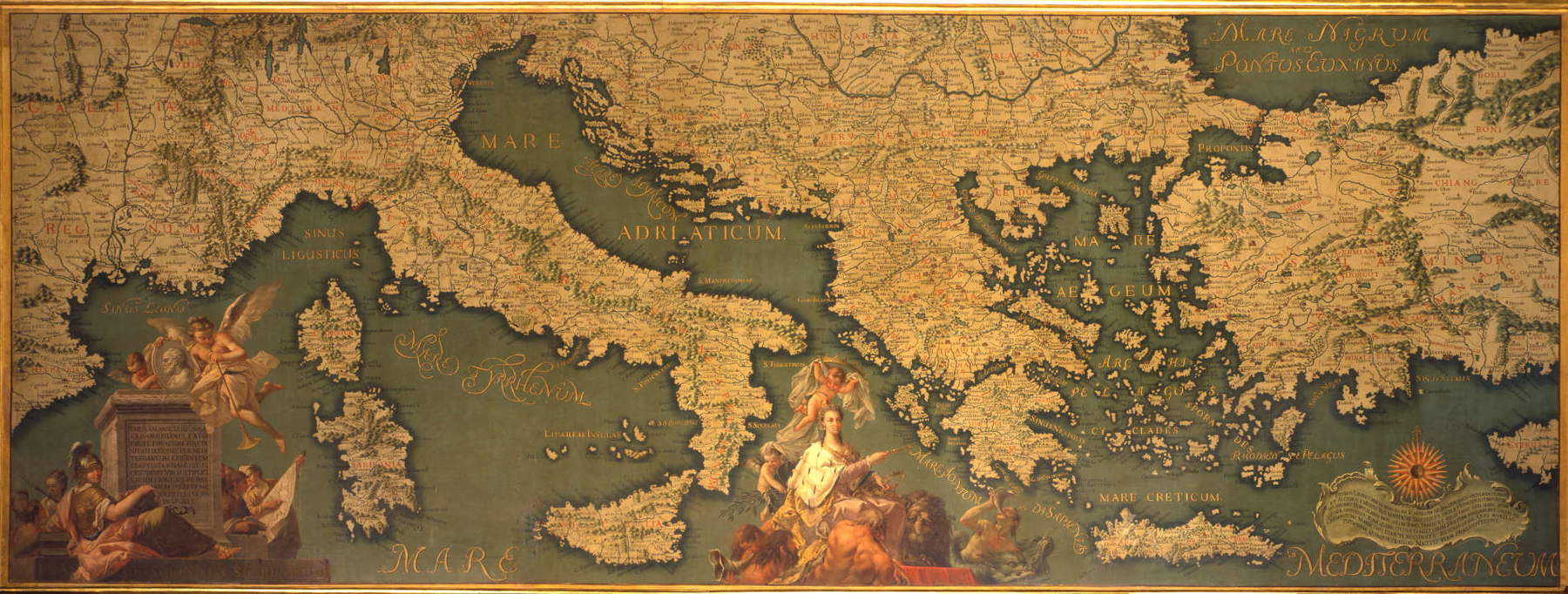 |
| Marco Polo died on Jan. 9, 1324: seven-hundredth anniversary celebrations begin in Venice |
Warning: the translation into English of the original Italian article was created using automatic tools. We undertake to review all articles, but we do not guarantee the total absence of inaccuracies in the translation due to the program. You can find the original by clicking on the ITA button. If you find any mistake,please contact us.






